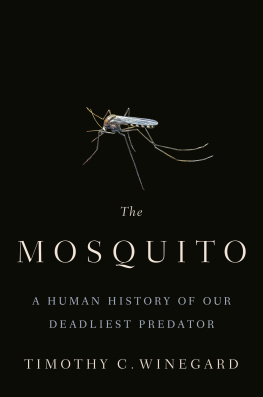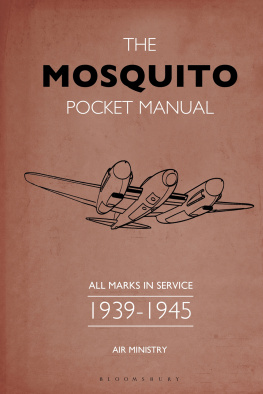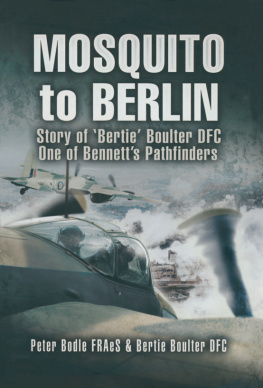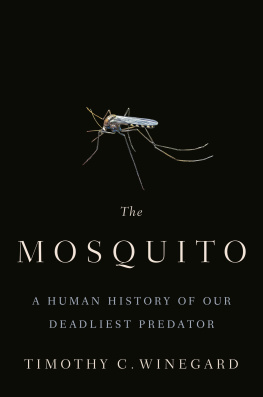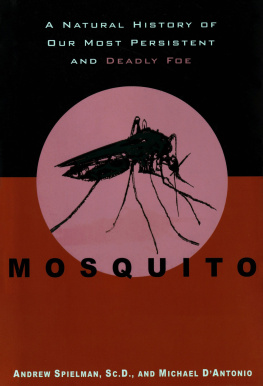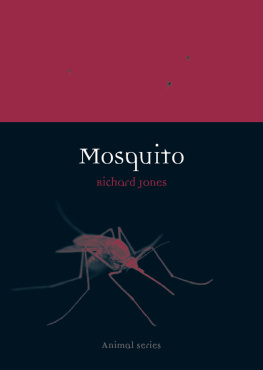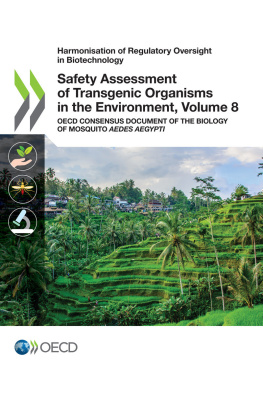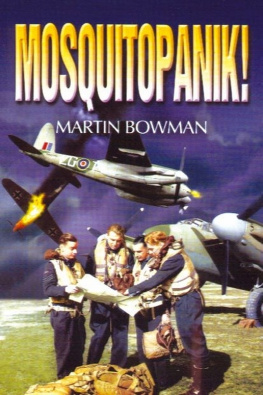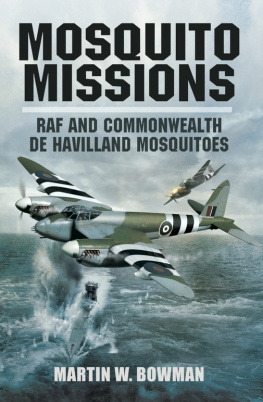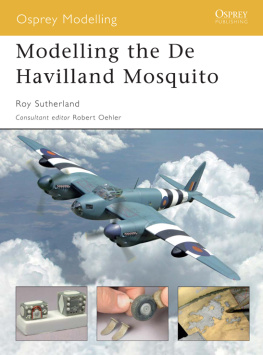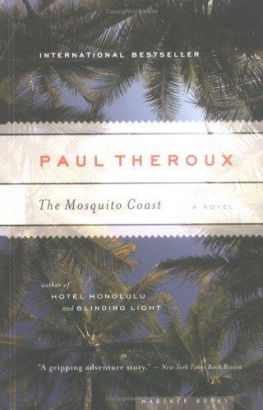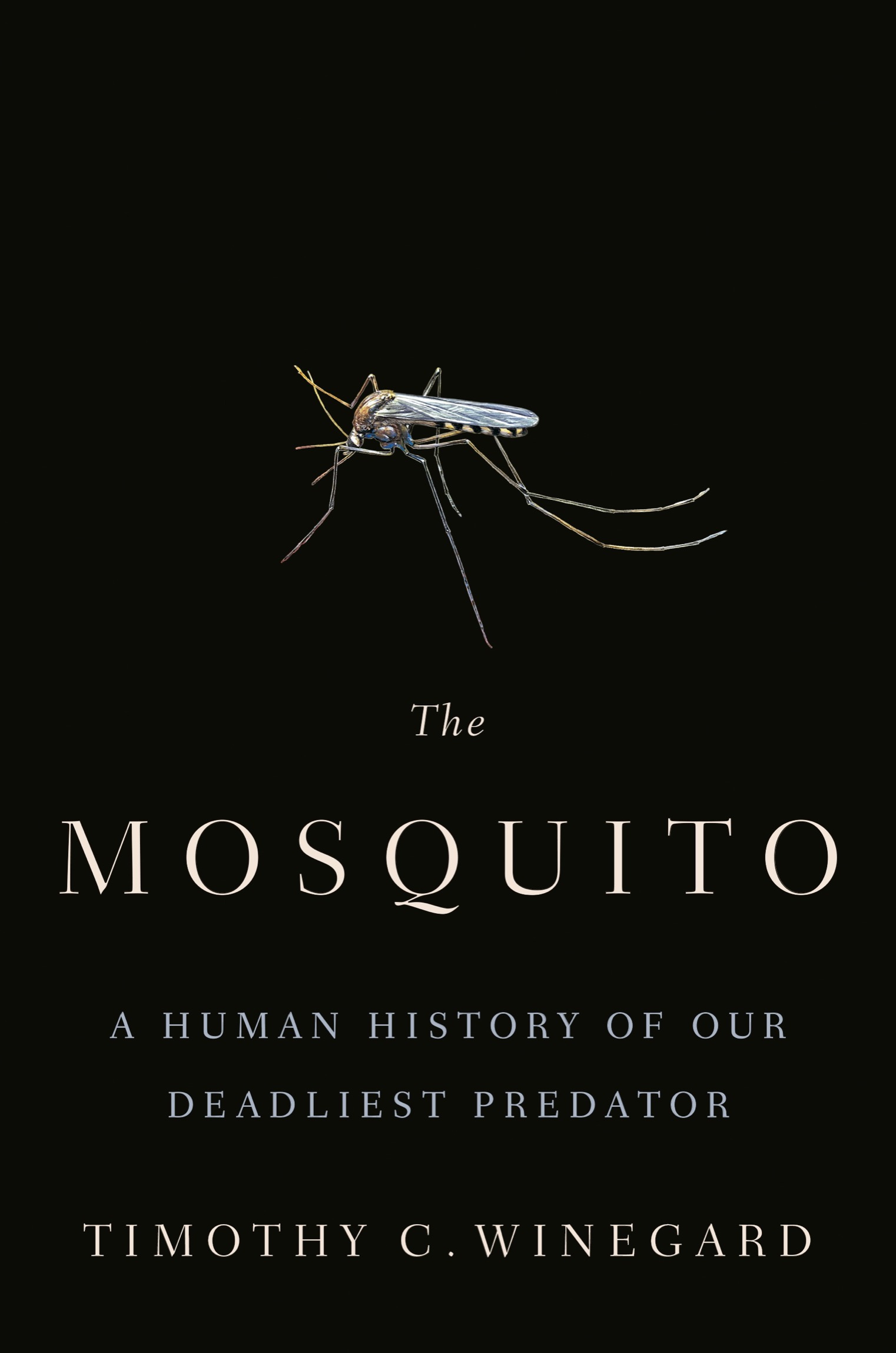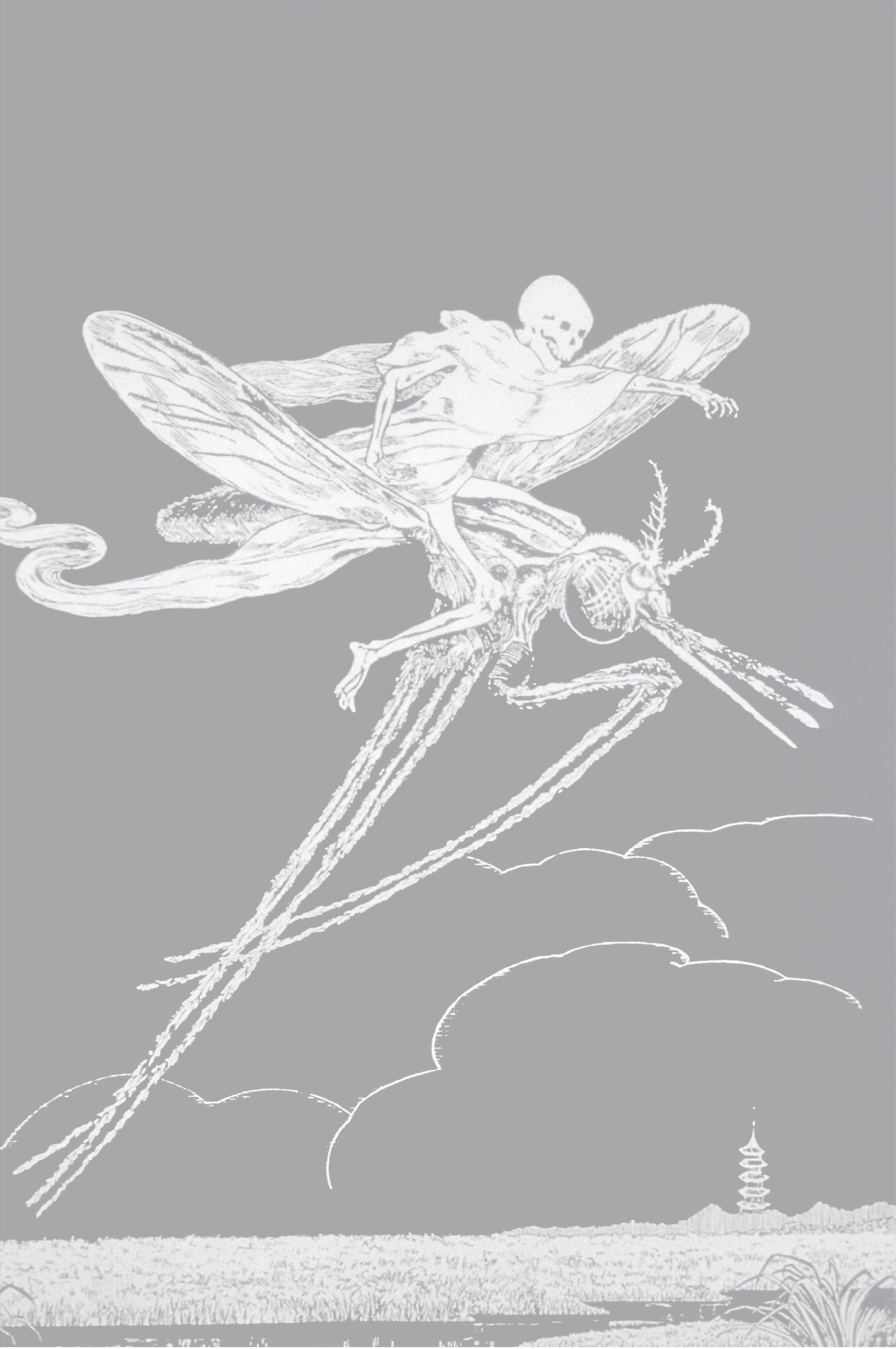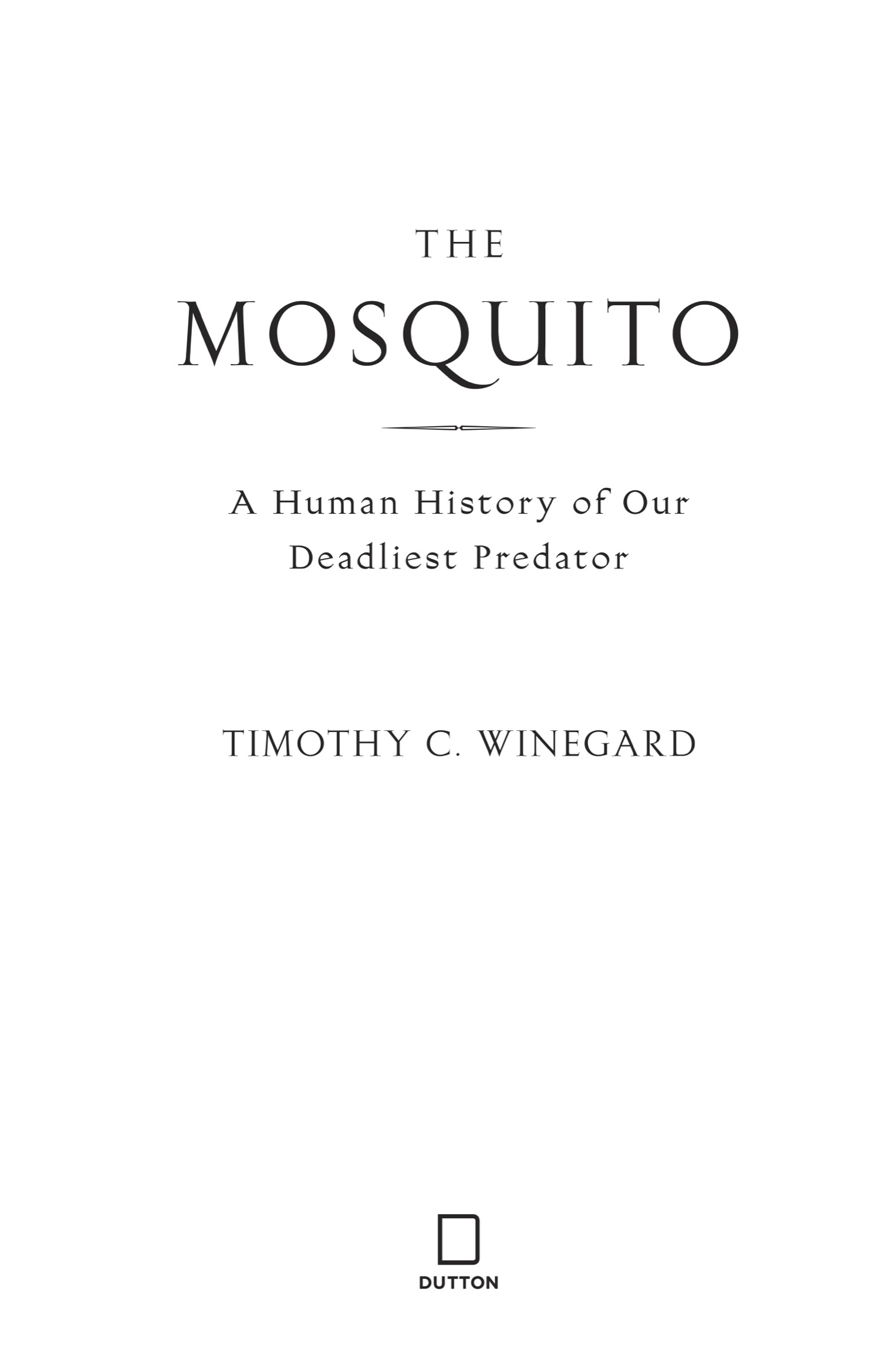ALSO BY TIMOTHY C. WINEGARD
The First World Oil War
For King and Kanata: Canadian Indians and the First World War
Indigenous Peoples of the British Dominions and the First World War
Oka: A Convergence of Cultures and the Canadian Forces

An imprint of Penguin Random House LLC
www.penguinrandomhouse.com
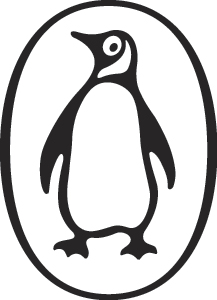
Copyright 2019 by Timothy C. Winegard
Penguin supports copyright. Copyright fuels creativity, encourages diverse voices, promotes free speech, and creates a vibrant culture. Thank you for buying an authorized edition of this book and for complying with copyright laws by not reproducing, scanning, or distributing any part of it in any form without permission. You are supporting writers and allowing Penguin to continue to publish books for every reader.
DUTTON and the D colophon are registered trademarks of Penguin Random House LLC.
Title page art U.S. National Library of Medicine
LIBRARY OF CONGRESS CATALOGING-IN-PUBLICATION DATA
Names: Winegard, Timothy C. (Timothy Charles), 1977 author.
Title: The mosquito : a human history of our deadliest predator / Timothy C. Winegard.
Description: New York : Dutton, [2019] | Includes bibliographical references and index.
Identifiers: LCCN 2019005477 | ISBN 9781524743413 (hardcover) | ISBN 9781524743437 (ebook) | ISBN 9781524745508 (export)
Subjects: LCSH: MosquitoesEcologyHistory. | Human ecology.
Classification: LCC QL536 .W56 2019 | DDC 595.77/2dc23
LC record available at https://lccn.loc.gov/2019005477
While the author has made every effort to provide accurate telephone numbers, internet addresses, and other contact information at the time of publication, neither the publisher nor the author assumes any responsibility for errors or for changes that occur after publication. Further, the publisher does not have any control over and does not assume any responsibility for author or third-party websites or their content.
Version_2
To my parents, Charles and Marian, who filled my formative years with knowledge, travel, curiosity, and love
Contents
Introduction
We are at war with the mosquito.
A swarming and consuming army of 110 trillion enemy mosquitoes patrols every inch of the globe save Antarctica, Iceland, the Seychelles, and a handful of French Polynesian micro-islands. The biting female warriors of this droning insect population are armed with at least fifteen lethal and debilitating biological weapons against our 7.7 billion humans deploying suspect and often self-detrimental defensive capabilities. In fact, our defense budget for personal shields, sprays, and other deterrents to stymie her unrelenting raids has a rapidly rising annual revenue of $11 billion. And yet, her deadly offensive campaigns and crimes against humanity continue with reckless abandon. While our counterattacks are reducing the number of annual casualties she perpetrates, the mosquito remains the deadliest hunter of human beings on the planet. Last year she slaughtered only 830,000 people. We sensible and wise Homo sapiens occupied the runner-up #2 spot, slaying 580,000 of our own species.
The Bill & Melinda Gates Foundation, which has contributed nearly $4 billion to mosquito research since its creation in 2000, releases an annual report that identifies the animals most lethal to humans. The contest is not even close. The heavyweight champion, and our apex predator in perpetuity, is the mosquito. Since 2000, the annual average number of human deaths caused by the mosquito has hovered around 2 million. We come in a distant second at 475,000, followed by snakes (50,000), dogs and sand flies (25,000 each), the tsetse fly, and the assassin or kissing bug (10,000 each). The fierce killers of lore and Hollywood celebrity appear much further down our list. The crocodile is ranked #10 with 1,000 annual deaths. Next on the list are hippos with 500, and elephants and lions with 100 fatalities each. The much-slandered shark and wolf share the #15 position, killing an average of ten people per annum.
The mosquito has killed more people than any other cause of death in human history. Statistical extrapolation situates mosquito-inflicted deaths approaching half of all humans that have ever lived. In plain numbers, the mosquito has dispatched an estimated 52 billion people from a total of 108 billion throughout our relatively brief 200,000-year existence.
Yet, the mosquito does not directly harm anyone. It is the toxic and highly evolved diseases she transmits that cause an endless barrage of desolation and death. Without her, however, these sinister pathogens could not be transferred or vectored to humans nor continue their cyclical contagion. In fact, without her, these diseases would not exist at all. You cannot have one without the other. The nefarious mosquito, roughly the size and weight of a grape seed, would be as innocuous as a generic ant or housefly and you would not be reading this book. After all, her dominion of death would be erased from the historical record and I would have no wild and remarkable tales to tell. Imagine for a moment a world without deadly mosquitoes or any mosquitoes for that matter? Our history and the world we know, or think we know, would be completely unrecognizable. We might as well live on a foreign planet in a galaxy far, far away.
As the pinnacle purveyor of our extermination, the mosquito has consistently been at the front lines of history as the grim reaper, the harvester of human populations, and the ultimate agent of historical change. She has played a greater role in shaping our story than any other animal with which we share our global village. Within these bloody and disease-plagued pages, you will embark on a chronological mosquito-tormented journey through our tangled communal history. Karl Marx recognized in 1852 that men make their own history, but they do not make it as they please. It was the steadfast and insatiable mosquito that manipulated and determined our destiny. It is perhaps a rude blow to the amour propre of our species, writes acclaimed University of Georgetown history professor J. R. McNeill, to think that lowly mosquitoes and mindless viruses can shape our international affairs. But they can. We tend to forget that history is not the artifact of inevitability.
A common theme throughout this story is the interplay between war, politics, travel, trade, and the changing patterns of human land use and natural climate. The mosquito does not exist in a vacuum, and her global ascendancy was created by corresponding historical events both naturally and socially induced. Our relatively short human journey from our first steps in and out of Africa to our global historical trails is the result of a coevolutionary marriage between society and nature. We as humans have played a large role in the transmission of mosquito-borne diseases through population migrations (involuntary or otherwise), densities, and pressures. Historically, our domestication of plants and animals (which are reservoirs of disease), advancements in agriculture, deforestation, climate change (natural and artificially encouraged), and global war, trade, and travel have all played a part in nurturing the ideal ecologies for the proliferation of mosquito-borne illnesses.

